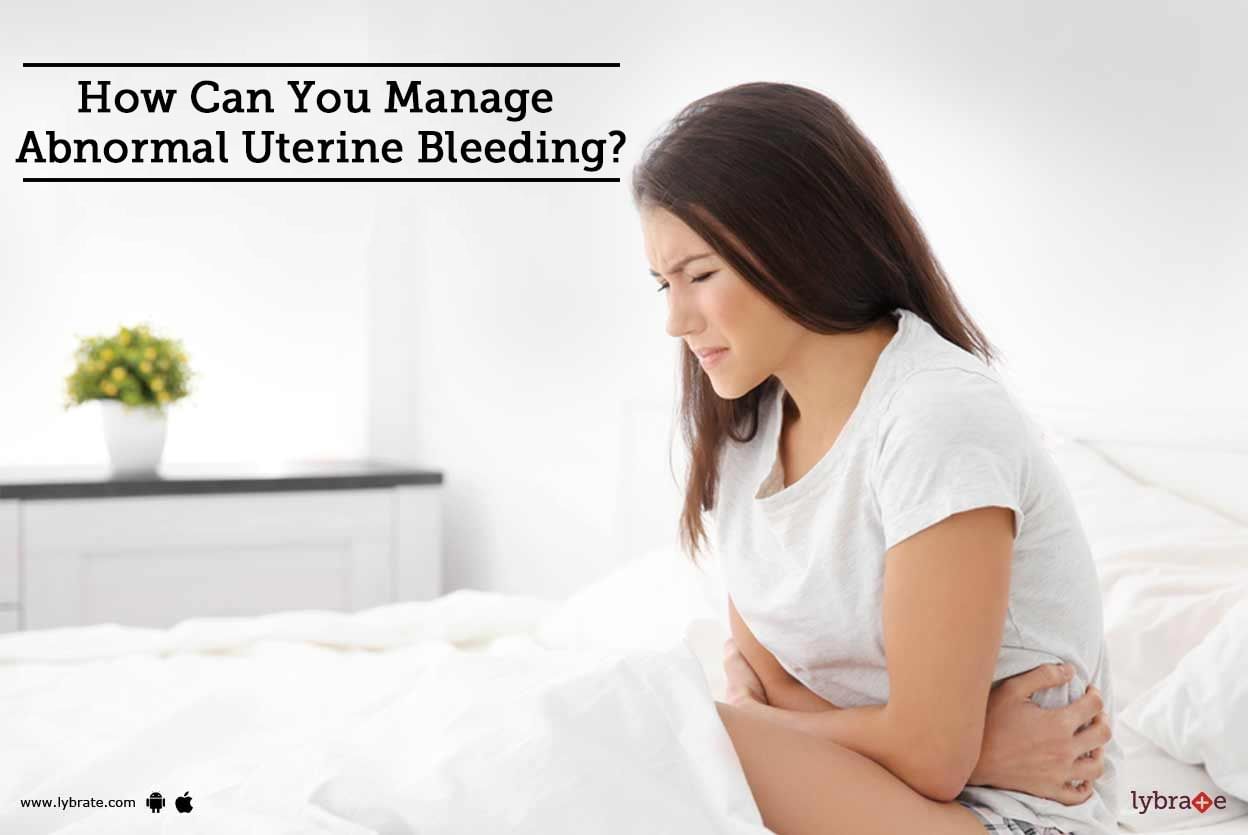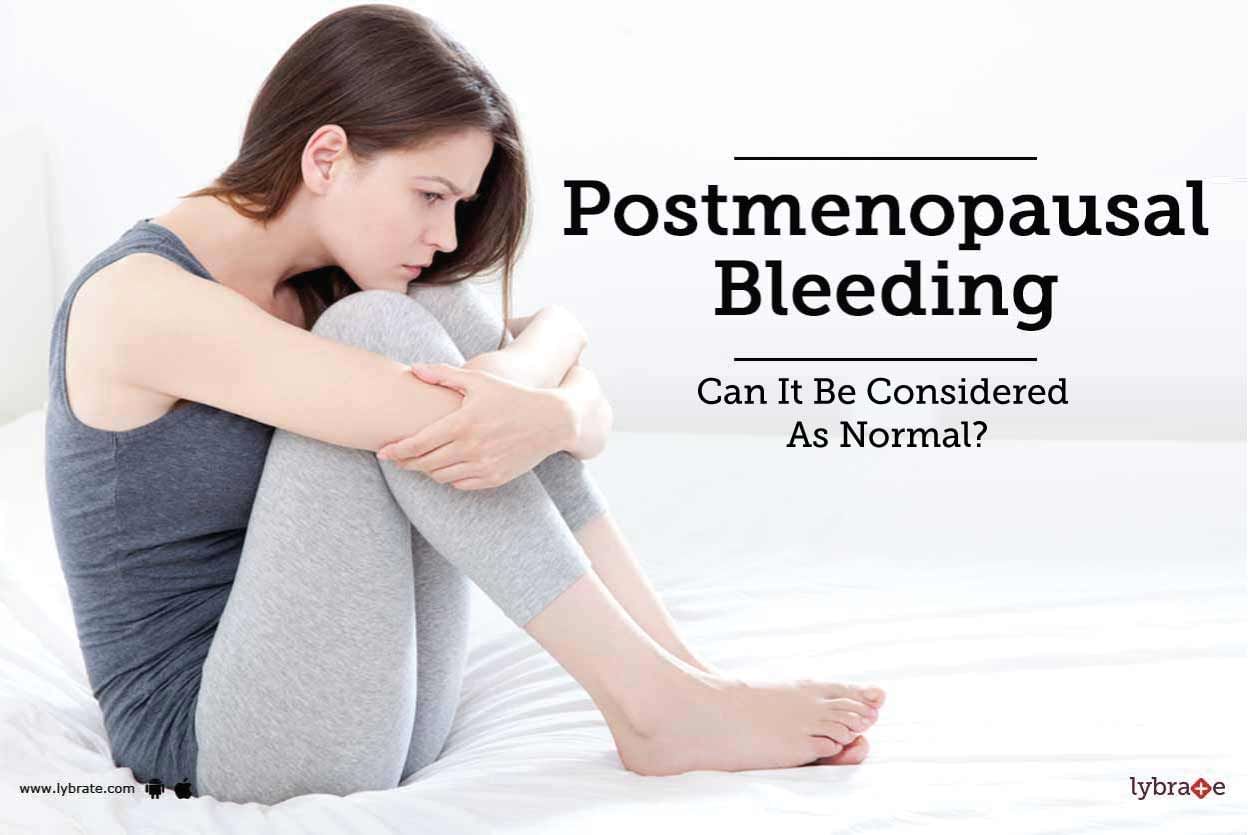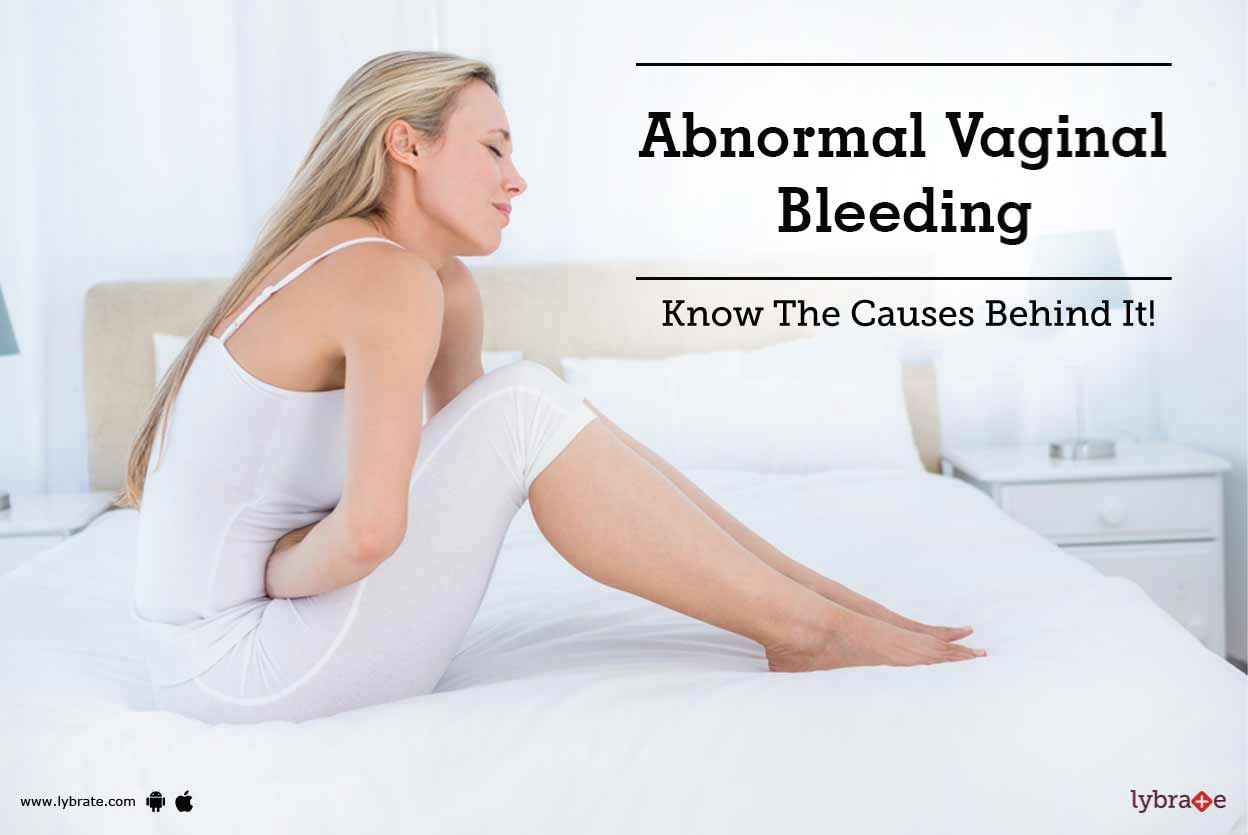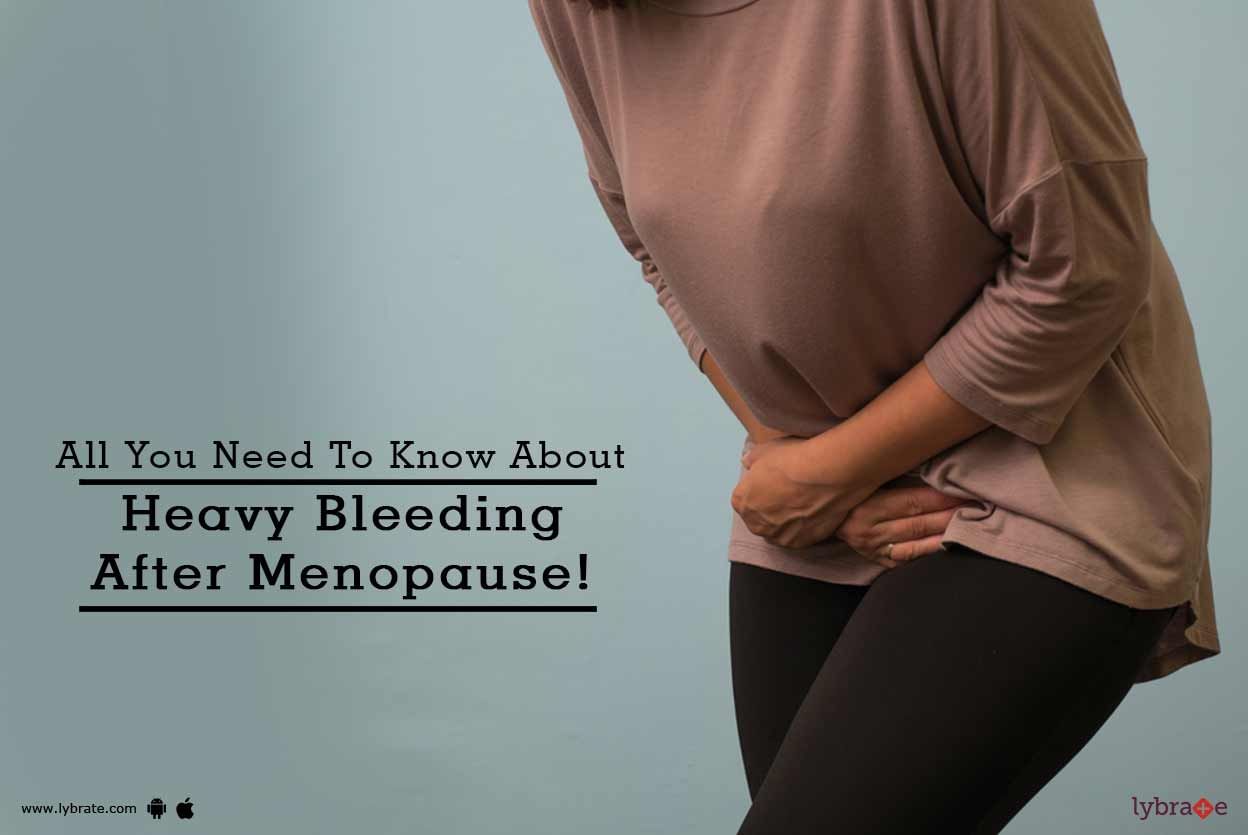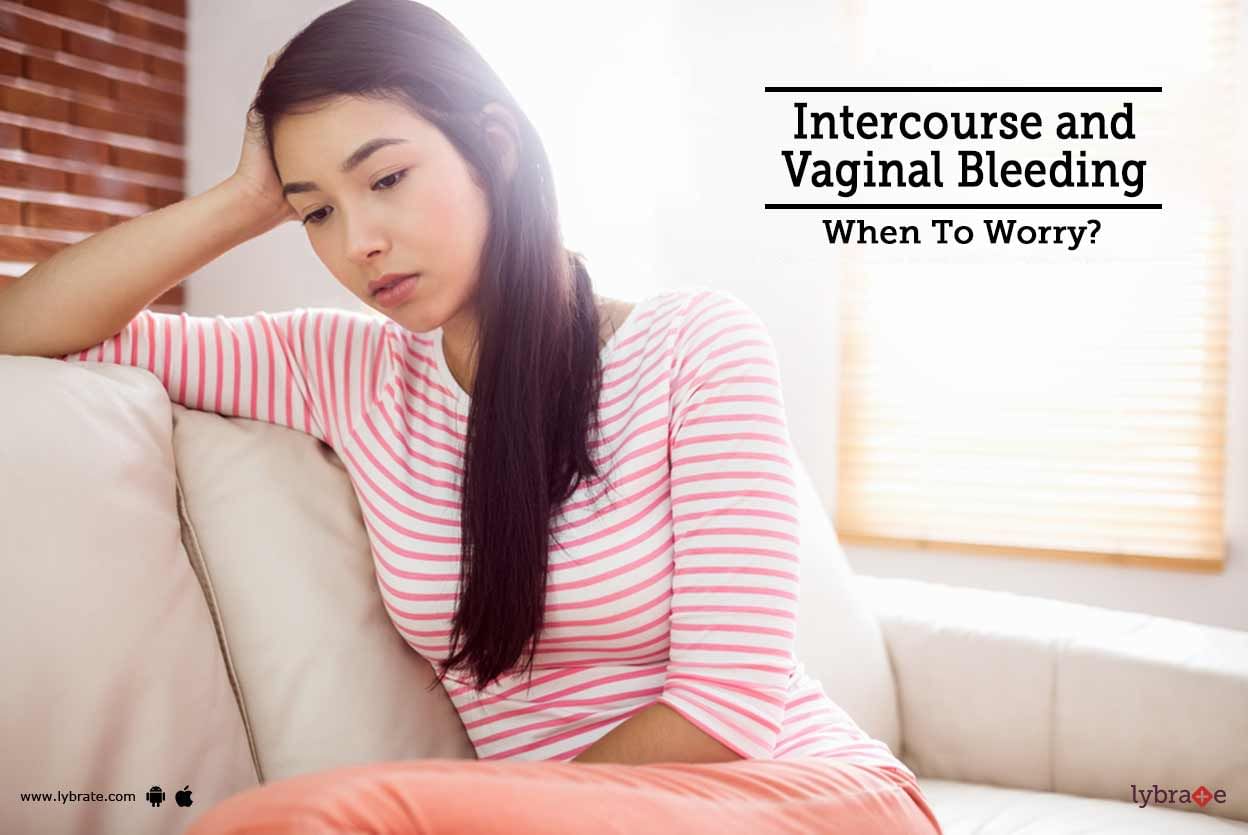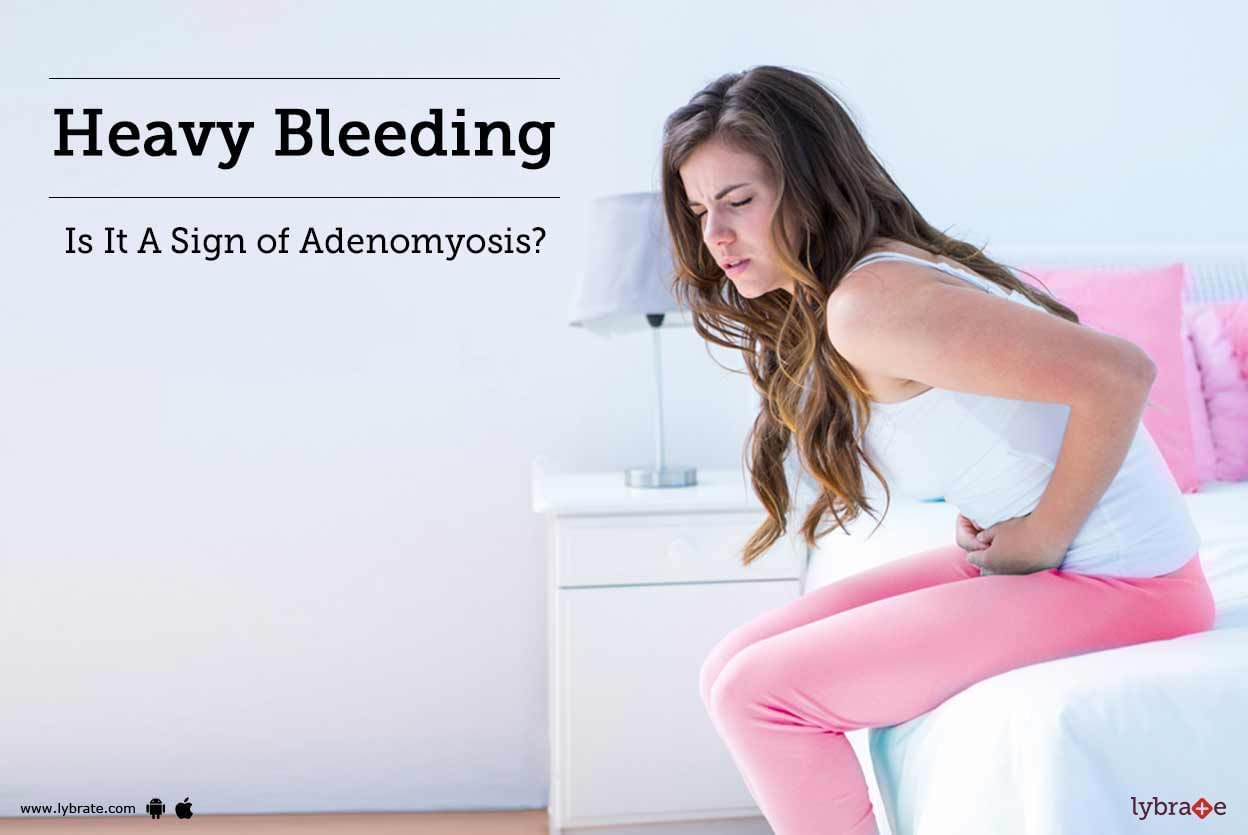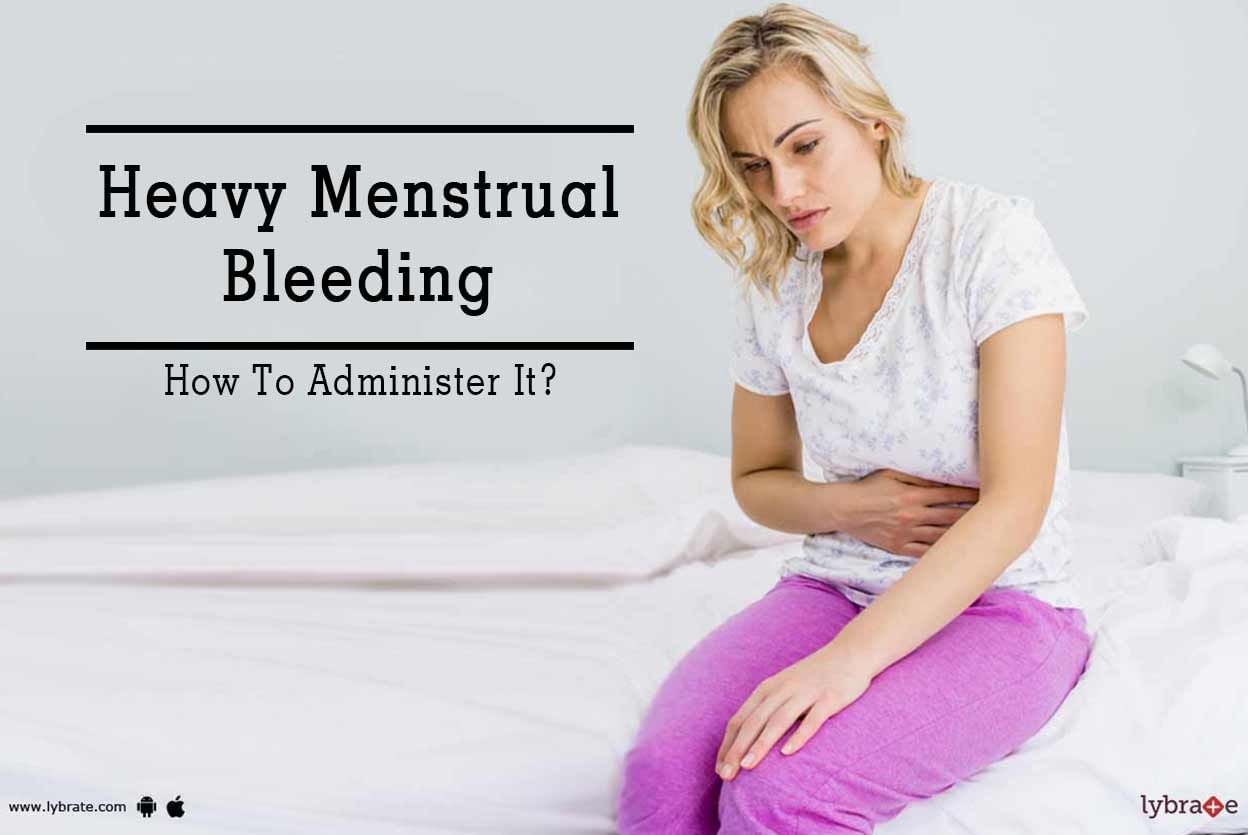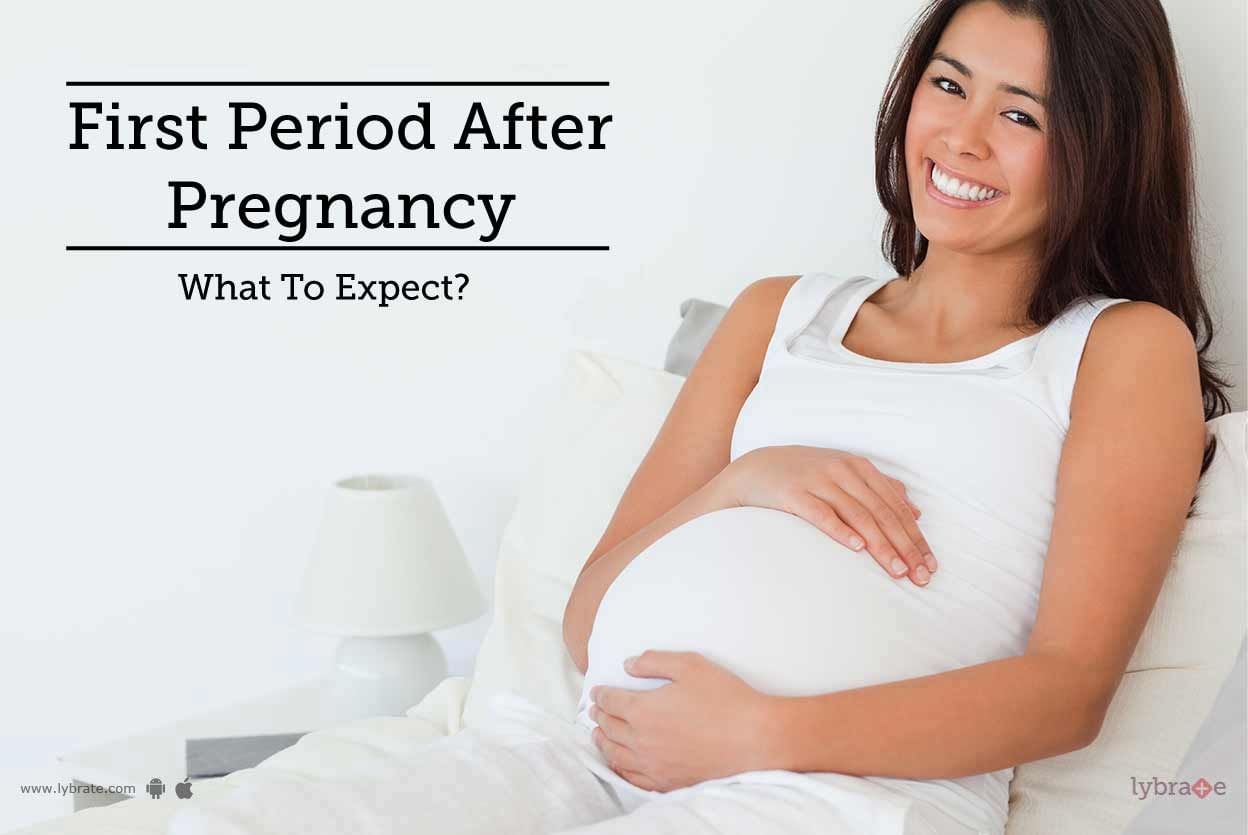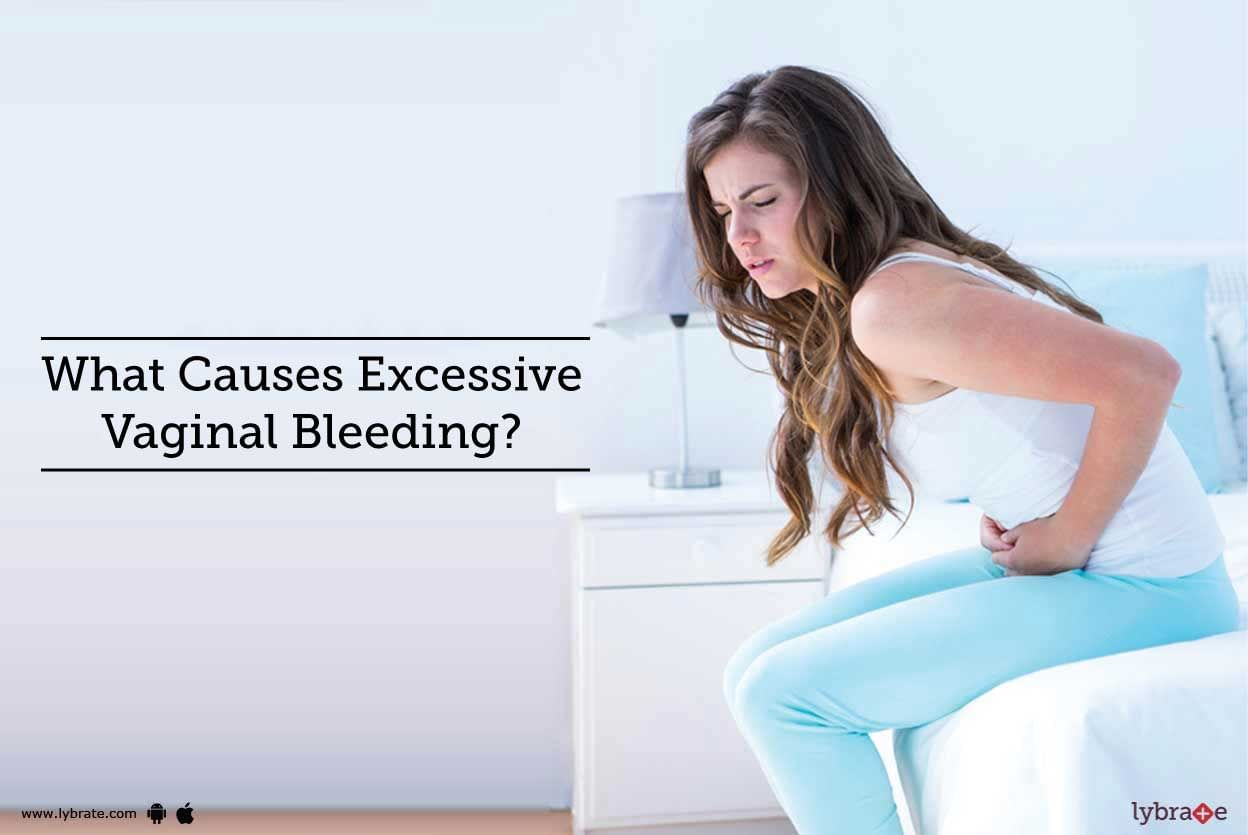Get the App
For Doctors
Login/Sign-up
About
Health Feed
Find Doctors
Health Packages
AllQ&AsTipsQuizzes
Heavy Periods Tips
Last Updated: 6 years ago• Featured Tip
Share
Bookmark
Report
Any kind of bleeding from the uterus, which is not normal, can be termed as abnormal uterine bleeding. This refers to bleeding between periods or before periods, bleeding after having sex, spotting, abnormally heavy bleeding or bleeding after attaining menopause. If you are suffering from any of these issues, you need to check with the doctor.
Diagnosis
It is very important to diagnose abnormal uterine bleeding. There are several examinations and tests that have to be carried out, ...more
Diagnosis
It is very important to diagnose abnormal uterine bleeding. There are several examinations and tests that have to be carried out, ...more
Last Updated: 6 years ago• Featured Tip
Share
Bookmark
Report
Most women attain menopause between the ages of late 40s and early 60s, the average age being about 51. This is an important milestone in a women-s gynecological history. One major change is altered female hormone levels, and this leads to a lot of physiological changes. From hot flashes to mood swings, there is also increased predisposition to osteoporosis and uterine cancer.
If you have not had your menstrual cycles for close to 12 months, chances are you are into menopause. So, that ...more
If you have not had your menstrual cycles for close to 12 months, chances are you are into menopause. So, that ...more
Last Updated: 6 years ago• Featured Tip
Share
Bookmark
Report
Vaginal bleeding is something that most women experience between their periods when they are not due for a menstrual cycle. It is considered as an abnormal occurrence when you bleed before you are expecting your menstrual period, or after you are done with your monthly cycle. It is usually characterised by bouts of spotting where a thick brown reddish discharge may be experienced. Also, this kind of bleeding is considered abnormal if it occurs during pregnancy or menopause.
Here are a f...more
Here are a f...more
Last Updated: 6 years ago• Featured Tip
Share
Bookmark
Report
Most women attain menopause between the ages of late 40s and early 60s, the average age being about 51. This is an important milestone in a women-s gynecological history. One major change is altered female hormone levels, and this leads to a lot of physiological changes. From hot flashes to mood swings, there is also increased predisposition to osteoporosis and uterine cancer.
If you have not had your menstrual cycles for close to 12 months, chances are you are into menopause. So, ...more
If you have not had your menstrual cycles for close to 12 months, chances are you are into menopause. So, ...more
Last Updated: 6 years ago• Featured Tip
Share
Bookmark
Report
One of the common complaints associated with sexual intercourse, is vaginal bleeding. This bleeding can occur during the course of intimacy or after it. Post intercourse bleeding is also termed as post-coitus bleeding. This is known as post costal bleeding. Doctor should be consulted immediately as it may be a sign of hidden cervical cancer.
Reasons behind vaginal bleeding
In most cases, the bleeding is risk free. It could be due to extreme friction, causing damage to superfici...more
Reasons behind vaginal bleeding
In most cases, the bleeding is risk free. It could be due to extreme friction, causing damage to superfici...more
Last Updated: 6 years ago• Featured Tip
Share
Bookmark
Report
Adenomyosis is a condition which occurs when the muscle wall of the uterus is broken by the endometrium lining. You experience pressure in the lower abdomen, menstrual cramps and bloating, before the onset of menstrual periods, resulting in heavy bleeding during the periods. This disorder is not life threatening but is known to cause pain and heavy bleeding.
Symptoms-
The symptoms of adenomyosis are severe pain during periods, prolonged periods and pressure in the abdominal are...more
Symptoms-
The symptoms of adenomyosis are severe pain during periods, prolonged periods and pressure in the abdominal are...more
Last Updated: 6 years ago• Featured Tip
Share
Bookmark
Report
Every woman has a unique system, especially when it comes to matters like menstrual cycles and pregnancy. There are some women who go through normal bleeding while for others, it may be less than ideal. Also, there are women who may experience a condition known as Menorrhagia which is characterised by excessively heavy bleeding during menstrual cycles. Cramping and bleeding for longer than a week are the most common symptoms of this condition. Here are ways to treat this condition.
Basi...more
Basi...more
73 people found this helpful
Last Updated: 6 years ago• Featured Tip
Share
Bookmark
Report
Having a child is one of the best things that can happen to a woman. While giving birth to a child is a very happy scenario, something called postpartum menstrual pain can act as a damper. Postpartum menstrual pain occurs during the first period post-delivery. To understand it in a better way, here is a detailed overview that should help you out:
Period after childbirth
Periods usually return after 7-8 weeks of the delivery, provided there is no breastfeeding. If you breastfeed, t...more
Period after childbirth
Periods usually return after 7-8 weeks of the delivery, provided there is no breastfeeding. If you breastfeed, t...more
Last Updated: 6 years ago• Featured Tip
Share
Bookmark
Report
Vaginal bleeding is something that most women experience between their periods when they are not due for a menstrual cycle. It is considered as an abnormal occurrence when you bleed before you are expecting your menstrual period, or after you are done with your monthly cycle. It is usually characterised by bouts of spots where a thick brown reddish discharge may be experienced. Also, this kind of bleeding is considered abnormal if it occurs during pregnancy or menopause.
Here are a few ...more
Here are a few ...more
Last Updated: 6 years ago• Featured Tip
Share
Bookmark
Report
As a woman, your body undergoes constant changes during the reproductive years and thereafter. Some of these changes can result in gynaecological problems if you don t pay attention to your health. These illnesses are mostly caused by hormonal imbalance in the body. Some other causes are poor diet, inadequate sleep, lack of physical activity, ageing and stress.
Pre-menopausal gynaecological problems -
Here are some of the most common gynaecological health issues you might face ...more
Pre-menopausal gynaecological problems -
Here are some of the most common gynaecological health issues you might face ...more
Book appointment with top doctors for Heavy Periods treatment
View fees, clinic timings and reviews
Ask a free question
Get FREE multiple opinions from Doctors
posted anonymously


